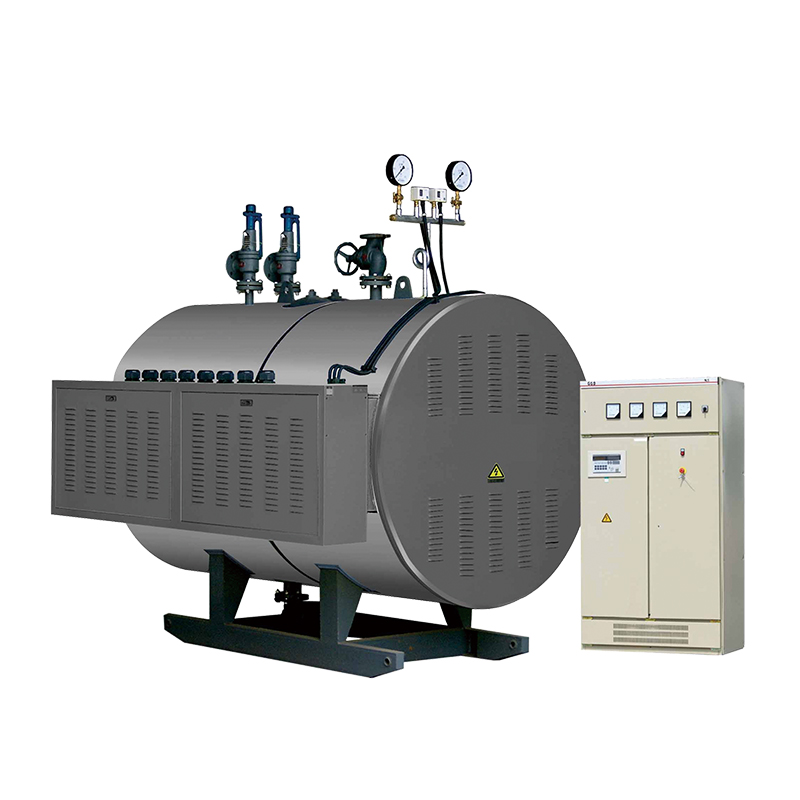ce certification steam boiler supplier
Understanding CE Certification for Steam Boiler Suppliers
In today's global marketplace, the importance of product certification cannot be overstated. For steam boiler suppliers, one of the most significant certifications to obtain is the CE marking. This marking signifies that a product conforms to the safety, health, and environmental protection standards required by the European Union (EU). As steam boilers are integral to various industrial processes, understanding the CE certification process is crucial for suppliers aiming to access European markets.
What is CE Certification?
The CE marking is a regulatory symbol that indicates compliance with EU legislation. It stands for Conformité Européene, which translates to European Conformity. This certification applies to numerous products, including machinery, electrical equipment, and even construction materials. For steam boilers, CE certification ensures that the product meets the necessary safety and environmental requirements, thereby enhancing its marketability within the European Economic Area (EEA).
Importance of CE Certification for Steam Boilers
1. Market Access Obtaining CE certification is essential for any steam boiler supplier looking to sell their products in the European market. Without the CE mark, products cannot be sold legally in EU countries. This makes it a fundamental step for suppliers aiming to expand their business internationally.
2. Consumer Safety CE certification assures customers that the steam boiler has passed rigorous assessments regarding safety and functionality. This builds trust among consumers and instills confidence in the product. A certified product decreases the risk of accidents and malfunctions, which is particularly crucial in industrial settings where safety is paramount.
3. Competitive Advantage In a crowded marketplace, having a CE certification can distinguish a supplier from competitors. It serves as a mark of quality and reliability, making the certified products more appealing to potential buyers. Suppliers can leverage their compliance status in marketing efforts, showcasing their commitment to safety and quality.
4. Legal Compliance CE marking ensures that a steam boiler meets EU regulations and directives, which include mandatory health and safety requirements. Non-compliance can result in legal repercussions, including fines, product recalls, or bans on product sales within the EU. By obtaining CE certification, suppliers can protect their businesses from such legal issues.
The CE Certification Process
ce certification steam boiler supplier

The process of obtaining CE certification for steam boilers involves several critical steps
1. Identify Applicable Directives Suppliers must determine which EU directives are applicable to their steam boiler. Common directives include the Machinery Directive, Pressure Equipment Directive, and Low Voltage Directive. Each directive outlines specific requirements that must be met to achieve compliance.
2. Risk Assessment A thorough risk assessment is necessary to identify potential hazards associated with the steam boiler. This assessment will guide the modification of the design and production process to enhance safety.
3. Technical Documentation Suppliers must compile technical documentation that demonstrates compliance with applicable directives. This includes design diagrams, manufacturing processes, and test results.
4. Testing and Compliance The steam boiler must undergo various tests conducted by recognized testing laboratories to ensure it meets EU standards. This may involve performance testing, safety assessments, and environmental impact analyses.
5. Declaration of Conformity Once the steam boiler has passed all required tests, the supplier must prepare a Declaration of Conformity. This document declares that the product meets all relevant EU directives, and it must accompany the product when it is marketed.
6. Affixing the CE Mark After all steps are successfully completed, suppliers can affix the CE marking to their steam boilers, allowing them to enter the European market legally.
Conclusion
For steam boiler suppliers, understanding and obtaining CE certification is not merely a legal requirement; it is a vital component of business strategy in the global marketplace. It enhances product safety, boosts consumer confidence, and opens doors to lucrative European markets. As industries continue to demand reliable and safe steam boilers, those suppliers who prioritize CE certification will likely find themselves at a competitive advantage, facilitating not just compliance, but also growth and success in international markets.
-
Industrial Steam Boiler Corporation - Reliable Industrial Boiler Manufacturer & SupplierNewsJul.08,2025
-
High-Efficiency Steam Boiler Heat Exchanger Supplier & Factory Durable Products for IndustryNewsJul.08,2025
-
Premium Electric Steam Boiler Manufacturer Reliable Company & Factory SolutionsNewsJul.08,2025
-
Commercial Hot Water Boiler - Reliable Supplier & Factory Direct Price for Efficient Heating SolutionsNewsJul.07,2025
-
Top Hot Oil Boiler Manufacturer - Reliable Thermal Oil & Coal Fired Boiler Manufacturer ManufacturerNewsJul.07,2025
-
High-Efficiency Hotel Hot Water Boiler – Leading Exporters & Quotes for HotelsNewsJul.07,2025

